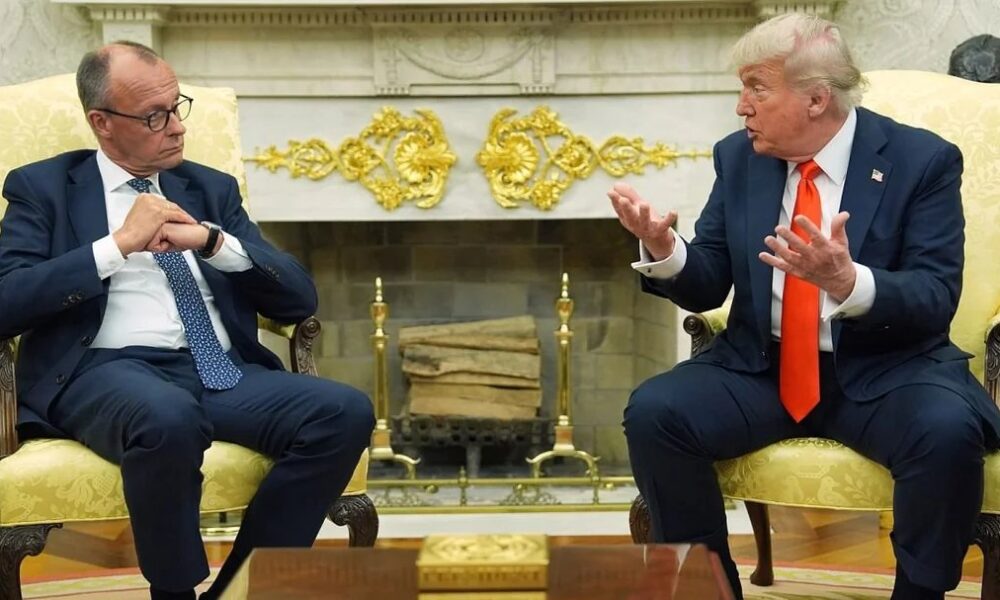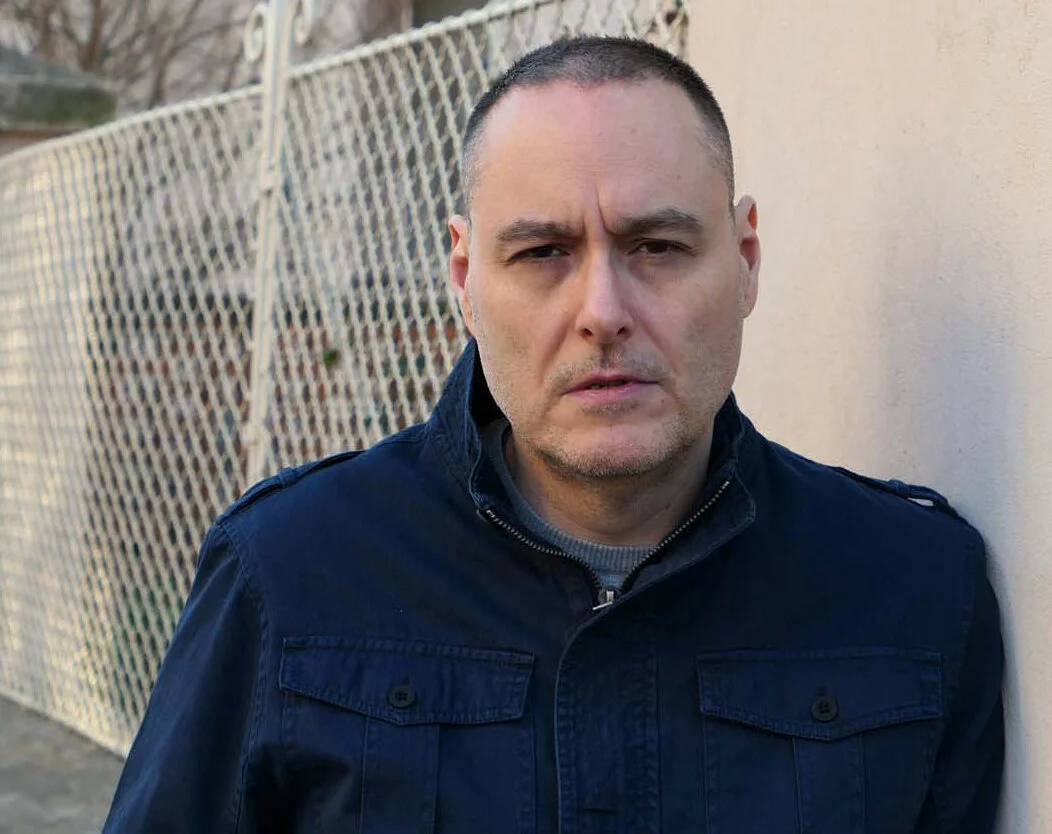Gone with Hamas, the Palestinians were screaming. Militants are now going to see them

Hamas is intimidated and murdered by demonstrators.
The text was originally published in The Washington Post.
Palestinian terrorist group Hamas has been trying in the last few weeks in Gaza band Stop a wave of protests that are directed against it. The steps of militants show that in silence of disagreement are determined to continue despite the war with Israelom They have significantly weakened them.
The demonstrations that broke out at the end of March were the most daring manifestation of resistance to Hamas in recent years and emphasized the desperation of the Palestinians trying to end the war.
The protests have now been largely silent, with Gaza residents being attributed to the pressure of the Hamas and the difficulties they face during the Israeli siege of the enclave, including the search for food, escape from Israeli strokes and evacuation orders.
At the same time, the protests were surprised by many other inhabitants of the Gaza Strip, as Hamas regularly suppresses disagreement.
The inhabitants of enclave said that some Palestinians who participated in protests or informed about them on social networks received threatening phone calls or summons from Hamas and the local media officials have identified Hamas protesters as collaborators with Israel.
Several Palestinian journalists for The Washington Post said they felt under pressure not to inform the demonstrations, as this could distract from the war.
In the article you can read:
- Whom militants killed,
- where the protests started,
- What changed in the Gaza Strip.
Fate of critics
According to two relatives who spoke on the condition of maintaining anonymity for fear of Hamas, the militants beat Oday Raby’s death last month, defending his cousin persecuted by Hamas security forces for protests.
A large group of masked men who identified themselves as members of the armed wing of Hamas, Brigades of Izzedína al-Kassam, kidnapped, beaten and tortured by Rabya, the relatives who saw him in the hospital said.
« This is the fate of people who wrong Hamas, » the men said.
Hamas Basem Naim did not respond at the request for a comment. In a statement of last month, he stated that « all people have the right to cry from pain and raise their voice against aggression against the Palestinian people », but criticized those who « abuse the tragic humanitarian conditions, whether to promote suspicious political programs or to deprive the responsibility of criminal aggressor and his occupation or arm. »
A wave of protests began in the town of Bejt Lahia in the north of the Gaza Strip shortly after Israel violated the Hamas ceasefire and restored military operations throughout the enclave. Said Kilani, a political organizer from Bejt Lahíe, said that the demonstration began spontaneously, especially among the inhabitants who suffered the most under Israeli bombing.
They killed them when they saved their lives. The world offended the attack on the Palestinian rescuers Read
The protests were then extended to Khan Juni, Junalje and other places where the marching men screamed « away with Hamas » and called for the end of the war.
« If the end of the Hamas government leads to the end of the war … For us, the most important thing is that the war is over, » said Rami Haroun, a resident of the refugee camp Nuseirat, who demonstrated. « Human losses for Hamas mean nothing. »
Although the protesters clearly expressed their demand for Israel to end his « genocide » towards the Palestinians, the anti -Hams’ moods that have emerged were the greatest indicator of growing public dissatisfaction with the militant group and its progress in war.
« People in the Gaza band are the last thing they care about, » said 30-year-old Ahmed, a resident of Gaza. « In speeches, they celebrate our alleged resilience, but they do not realize that we are not resulting. »
They live daily with death
Throughout the war, Hamas focused on critics. Men who claimed to belong to Hamas, according to the victims of the victims, beaten the prominent political opponent Amin Abed and others, asks Abu Haja, shot.
Rabey’s death was another freezing moment. The attackers told his family that Rabey confessed to the use of drugs and theft of weapons from Hamas, his relatives said. His family denied these accusations.
Local journalists originally wanted to inform the protests. However, two of them said they felt the pressure not to write about them and other criticism of Hamas. Journalists spoke on the condition of maintaining anonymity because they feared retaliation by Israel and Hamas.
One of the journalists said he did not write about the protests because, in addition to fear of calling them as Israeli spies or « avenge », he did not want to distract from a larger story – Israeli attacks. Another journalist said that Hamas sometimes follows journalists during the reporting.
Although Hamas remains the dominant political force in the Gaza band, the ability of the group to suppress disagreement is not as strong as in the past, Kilani said.
« Hamas’s position is not strong because he lacks official authority or active presence in the field, » he said. « People live every day with death, and the fear of Hamas no longer significantly affects the opinions of those who demand freedom ».
Netanyahu makes cleansing. Citizens are worried about democracy Read
Since the restoration of the fighting last month, the Israeli army has increased the number of attacks on police officers and other members of the Hamas civilian government, reducing the ability of the group to enforce its will among the inhabitants.
« Hamas is unable to control Palestinian streets, » said the political analyst from the Gaza Mhajmar Abusada. « There are many internal disputes between clans and among people. Some of them go against Hamas ».
However, some of the Palestinians who are angry with Hamas are biting their tongue because they are also afraid of alternatives – political vacuum.
« People are afraid of Hamas, but they are afraid of chaos even more, » said Haroun, a nuseirat camp, mentioning the extension of armed gangs and traders during the war. « There is no alternative in the current situation. This problem is scary. »







